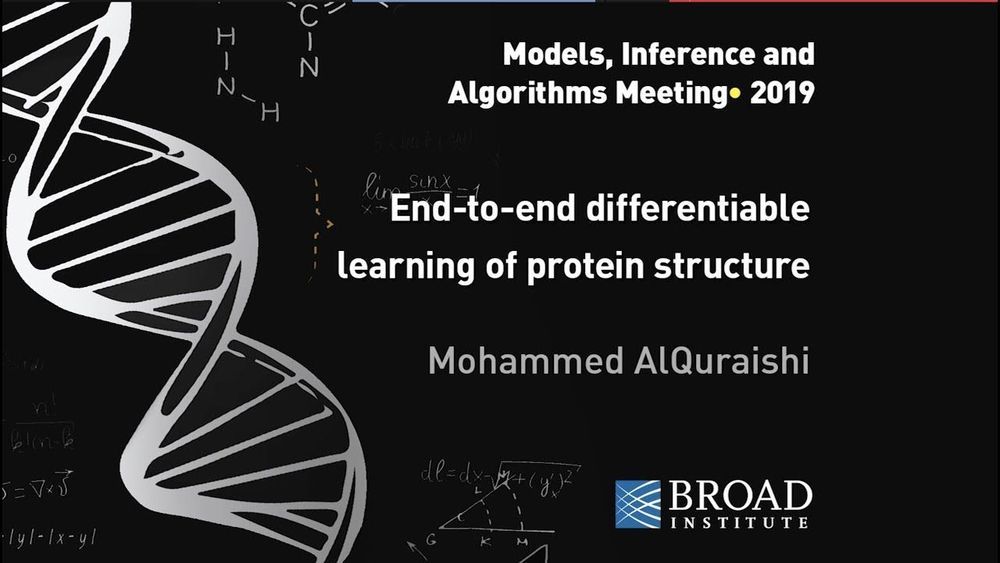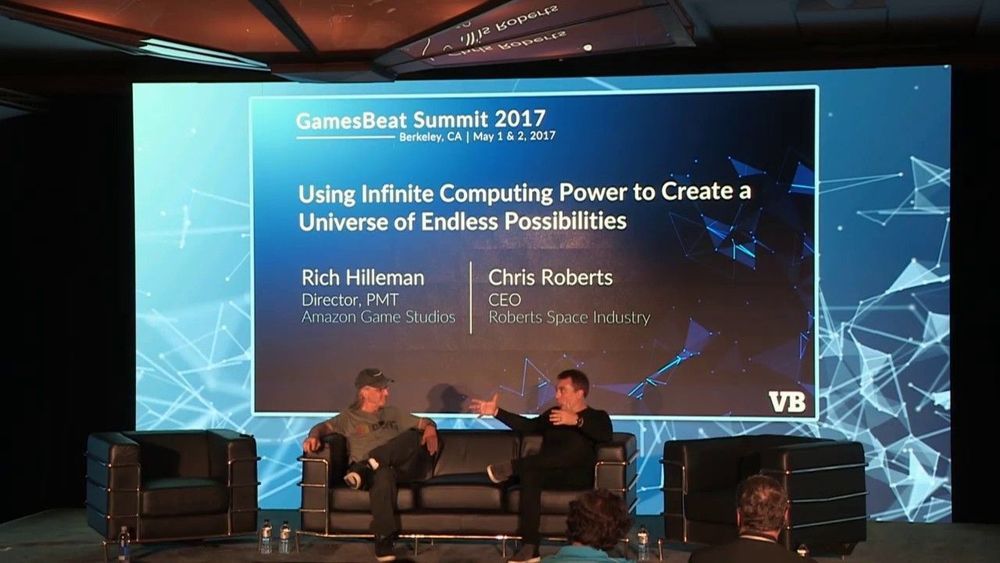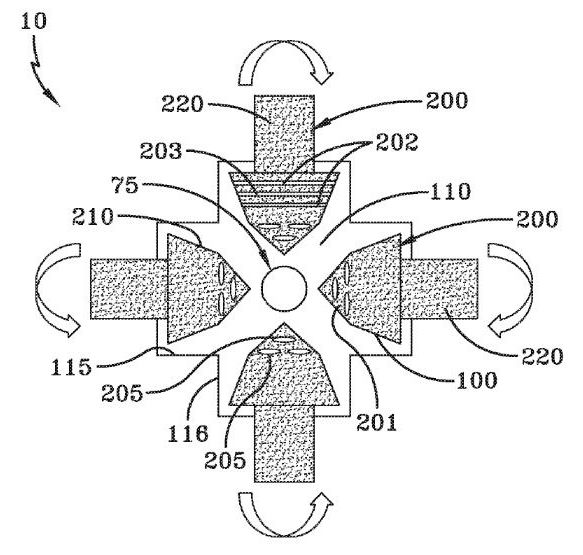As others have pointed out, voxel-based games have been around for a long time; a recent example is the whimsical “3D Dot Game Hero” for PS3, in which they use the low-res nature of the voxel world as a fun design element.
Voxel-based approaches have huge advantages (“infinite” detail, background details that are deformable at the pixel level, simpler simulation of particle-based phenomena like flowing water, etc.) but they’ll only win once computing power reaches an important crossover point. That point is where rendering an organic world a voxel at a time looks better than rendering zillions of polygons to approximate an organic world. Furthermore, much of the effort that’s gone into visually simulating real-world phenomena (read the last 30 years of Siggraph conference proceedings) will mostly have to be reapplied to voxel rendering. Simply put: lighting, caustics, organic elements like human faces and hair, etc. will have to be “figured out all over again” for the new era of voxel engines. It will therefore likely take a while for voxel approaches to produce results that look as good, even once the crossover point of level of detail is reached.
I don’t mean to take anything away from the hard and impressive coding work this team has done, but if they had more academic background, they’d know that much of what they’ve “pioneered” has been studied in tremendous detail for two decades. Hanan Samet’s treatise on the subject tells you absolutely everything you need to know, and more: (http://www.amazon.com/Foundations-Multidimensional-Structure…sr=8-1) and even goes into detail about the application of these spatial data structures to other areas like machine learning. Ultimately, Samet’s book is all about the “curse of dimensionality” and how (and how much) data structures can help address it.

















